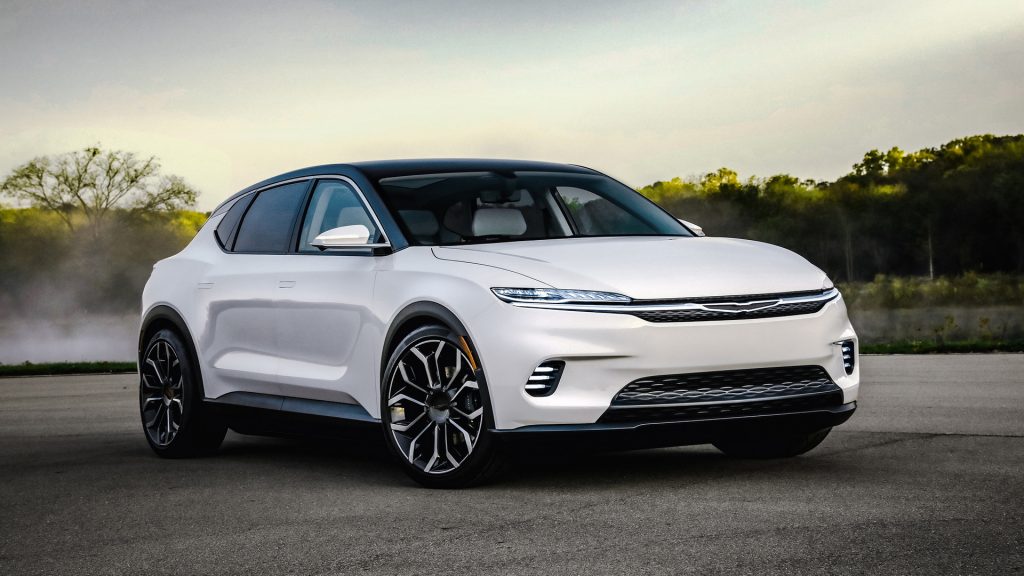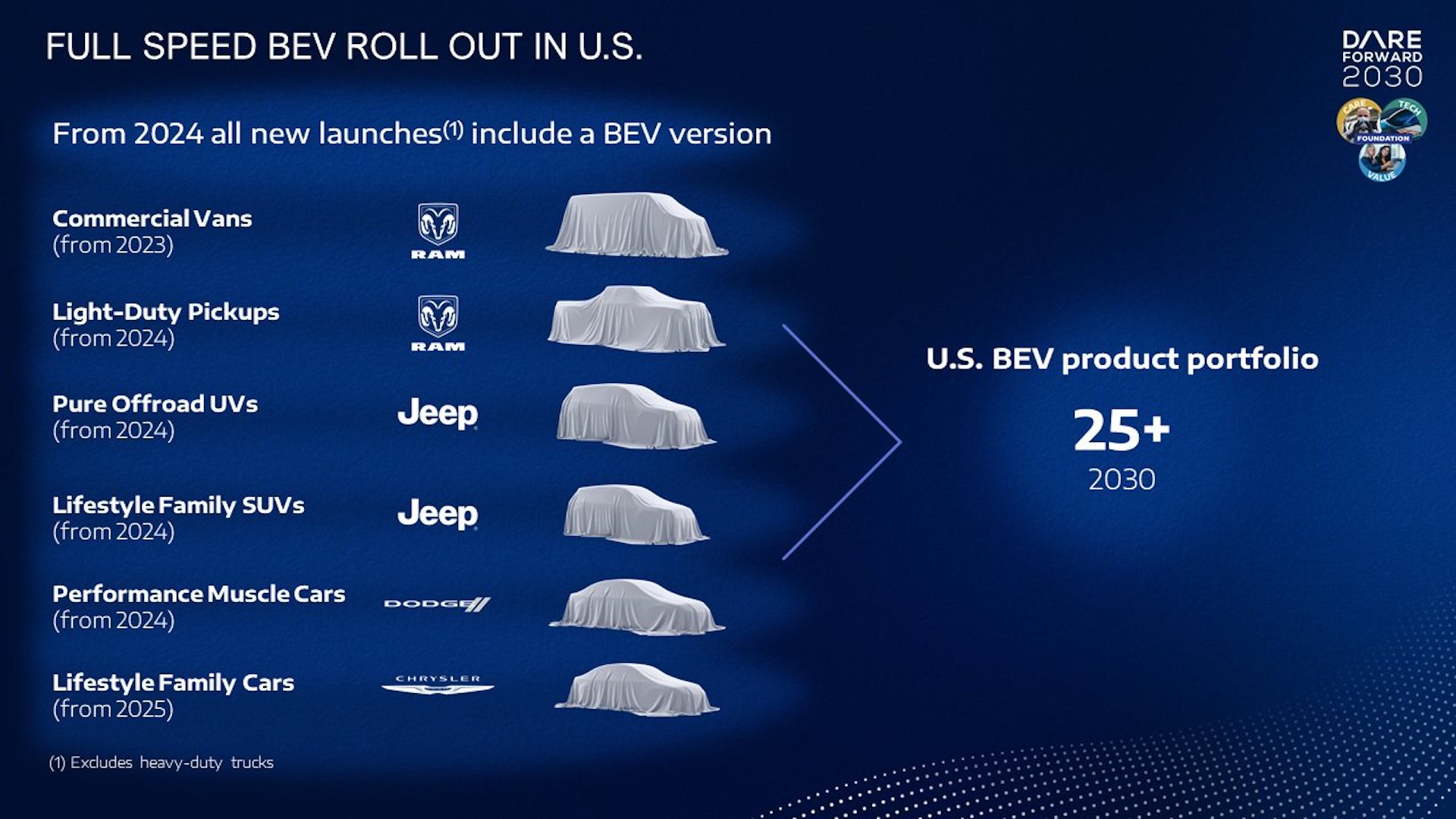The phase-out of combustion-engined vehicles might save the planet, but it could be the end of the car industry unless the cost of electric cars can be brought down, a senior figure at Stellantis has warned.
Carmakers have been working hard to bring down the cost of EVs, which are more expensive to produce, and consequently cost more to buy, than combustion vehicles. But that effort is being thwarted by increases in the costs of materials used in the manufacture of batteries at the same time as some countries are reducing or deleting the subsidies previously offered to EV buyers. Numerous companies selling EVs, including Ford, Hummer, Rivian and Tesla have been forced to increase the retail prices of their vehicles to cover rising production costs, and that’s a concern for the industry.
Related: Tesla Hikes Prices Of Most Models From $2,000 To $6,000 In The Wake Of Supply Issues
If carmakers can’t bring the cost of EVs down “the market will collapse,” Bloomberg reports Stellantis’s Chief Manufacturing Officer Arnaud Deboeuf warning visitors to one of its French plants currently being prepared for a transition to making EV components. “It’s a big challenge,” he added.
Buyers turned off by the high price of EVs can still currently still opt for a conventional combustion-powered alternative, but that choice will soon disappear in many parts of the world. The European Union voted yesterday to effectively ban the sale of combustion engines by 2035, while other countries, some U.S. states and several carmakers have pledged to only allow or make electric cars from the same date or sooner.
Stellantis has a plan to reduce the cost of making electric vehicles by 40 percent come 2030, Deboeuf said, something it plans to achieve in part by making some components itself and putting pressure on external suppliers of other components to cut their prices, Bloomberg reports.
At the same event Stellantis CEO Carlos Tavares told reporters that while his company will abide by the European Union’s decision to ban combustion engines by 2035, he felt those making the decisions didn’t seem to care whether or not carmakers would have enough raw materials to actually make the switch to EVs.





